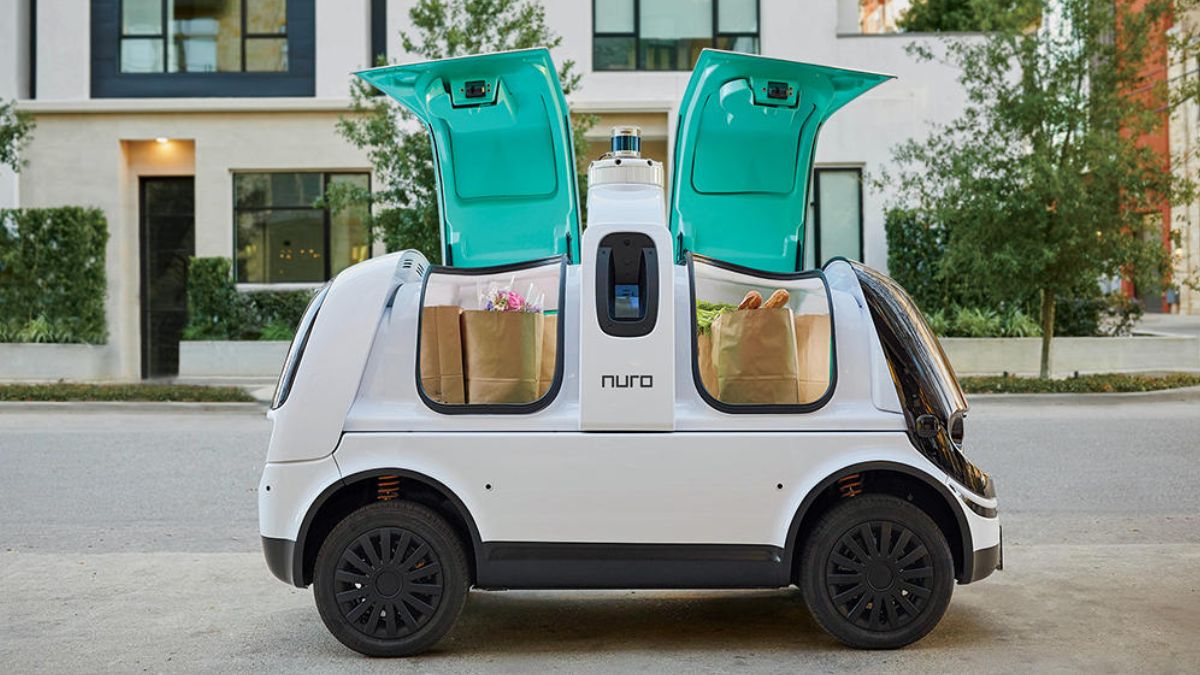Nuro, the California-based autonomous vehicle company known for its self-driving delivery robots, is branching out into new territory with plans to enter the robotaxi market and offer personally owned autonomous vehicles. This strategic move marks a significant shift for the company, which was founded by veterans of Google’s self-driving car project. Previously focused solely on autonomous deliveries in California and Texas, Nuro is now looking to expand its business model by licensing its self-driving technology to other companies.
Nuro won’t be manufacturing these new autonomous vehicles themselves but will provide its technology to automakers and rideshare operators. The company plans to tailor its “Nuro Driver” technology, the hardware and software used in its self-driving systems, to suit the needs of various partners. Whether used in fully autonomous robotaxis or advanced driver-assist systems (ADAS), the Nuro Driver will be adaptable to a wide range of applications.
Nuro’s self-driving technology relies on components from established companies such as Nvidia and Arm, while its electric powertrains are developed by China’s BYD. Despite speculation that U.S. tariffs on Chinese-made electric vehicles influenced the company’s decision to expand into new sectors, Nuro has denied that tariffs played a role.
The company is taking this bold step at a time when the autonomous vehicle industry is facing heightened scrutiny. With increasing safety concerns and several high-profile incidents involving driverless vehicles, public scepticism about autonomous vehicles remains strong. However, Nuro has an impressive safety record, having logged over one million autonomous miles without major incidents. The company operates a fleet of R1 and R2 vehicles in California and Texas, with plans to expand production with a new facility in Nevada.
Financial challenges have also impacted Nuro. In the past two years, the company was forced to restructure, delaying the production of its next-generation R3 vehicle and cutting 30 per cent of its workforce. However, Nuro says it is now in a more stable financial position with sufficient runway for the next several years.
Nuro’s expansion into personally owned autonomous vehicles is seen as a risky but innovative move. While some experts argue that safety and liability concerns make widespread adoption of Level 4 autonomous vehicles unlikely shortly, Nuro’s CTO Andrew Clare believes that it is only a matter of time before people can own fully autonomous cars.


